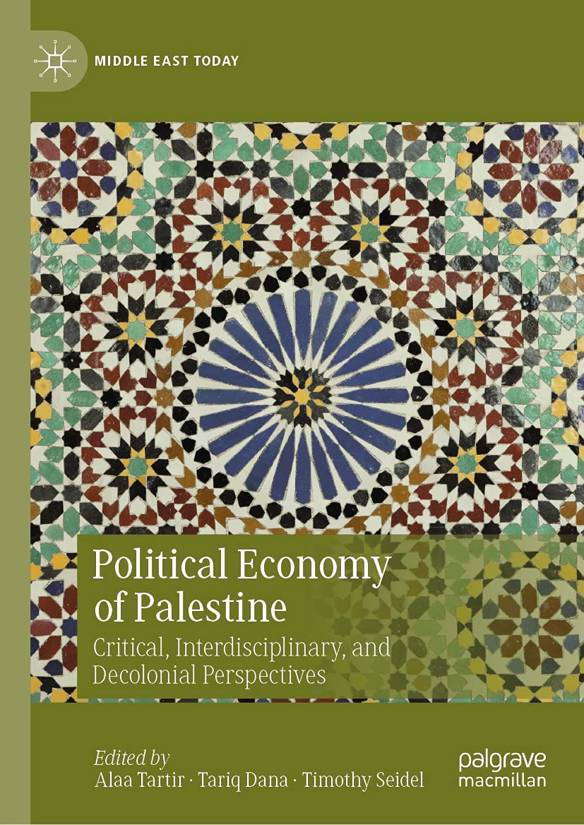Over US$40 billion has been spent by international donors as foreign aid for Palestinians living in the occupied West Bank, East Jerusalem and Gaza Strip since the Oslo Accord was signed in 1993. This makes Palestinians one of the highest per capita recipients of non-military aid in the world. That aid was designed as development programming meant to foster conditions that Western donors considered necessary for peacebuilding with Israel. However, their development aid has failed to achieve three main objectives peacemakers envisaged: a lasting peace between Palestinians and Israelis, effective and accountable Palestinian institutions, and sustainable socioeconomic development. This chapter addresses the political economy of the nexus of development aid and the Palestinian de-development process taking place under Israeli colonial rule, by examining the different donor approaches to understand what went wrong. It does this by categorizing and assessing the way policymakers and analysts have approached Palestinian development, based on analysis of key features, underpinning assumptions and arguments. This resulted in four categories—Instrumentalism; Critical Instrumentalism; Critics; and Neocolonialism—some of which are comfortable with the status quo, and some that want to challenge it. The chapter concludes by arguing any political economy driven analysis or framing of the impact of foreign aid in the Palestinian context necessitates recognizing the inherent and embedded structures of power and relations of settler colonial dominance and control in the development paradigm and de-development processes.
Wildeman, Jeremy & Alaa Tartir (2021) Political Economy of Foreign Aid in the Occupied Palestinian Territories: A Conceptual Framing, in Political Economy of Palestine: Critical, Interdisciplinary, and Decolonial Perspectives. Cham, Switzerland: Palgrave Macmillan (223–247).







